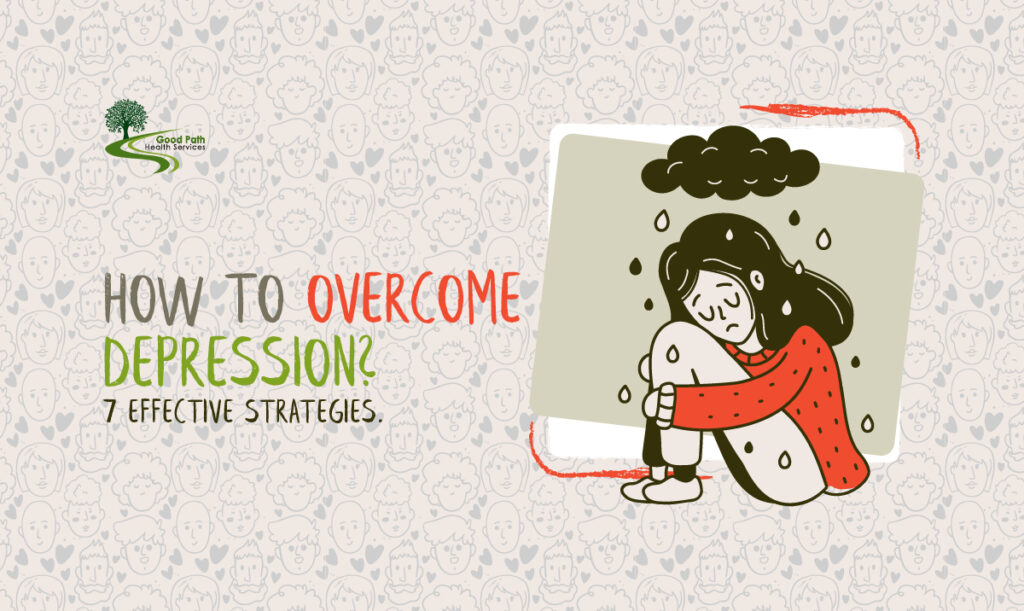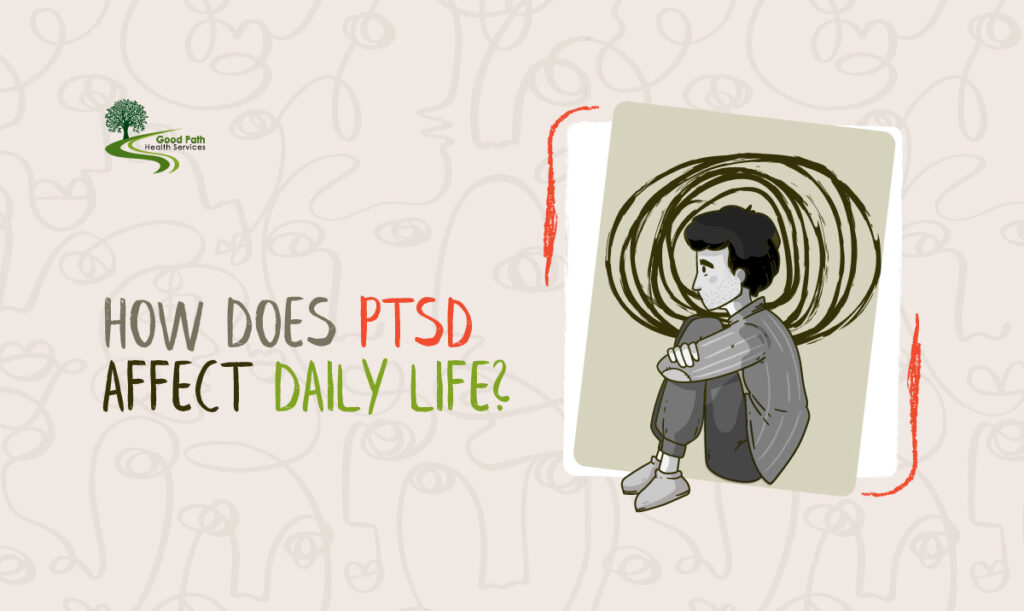
We’ve noticed that one of the most frequent queries about Suboxone is whether it causes people to feel tired or drowsy.
Suboxone is a prescription drug that’s used in the treatment of opioid addiction.
Though its effects on energy levels and health, in general, are important to know for people in recovery.
In this post, we’ll discuss Suboxone-induced tiredness and look at related topics:
- Its impact on your sleep.
- Reasons that can contribute to tiredness.
- Tips to manage fatigue.
- Signs of Suboxone abuse.
- The timeframe for Suboxone treatment.
In addition, we will answer some popular questions about the efficacy and use of Suboxone.
So, if you’re ready to find out if Suboxone can make you tired, let’s get started.
Suboxone and Its Purpose
To begin with, let’s discuss a bit about what Suboxone actually is.
Suboxone is a prescription medication that contains two active ingredients: buprenorphine and naloxone.
Buprenorphine, a partial opioid agonist, can reduce opioid cravings and withdrawal symptoms by binding to the same brain receptors as opioids but with less intensity.
Naloxone, meanwhile, works as an opioid antagonist and blocks the effects of opioids and reduces the likelihood of abuse.
What Does Suboxone Feel Like?
Suboxone does not cause a euphoric high, as it mostly targets opioid receptors and reduces opioid withdrawal symptoms.
With it, people can recover without experiencing the extreme highs and lows associated with unregulated opioid use.
The experience of taking Suboxone differs for every person.
You will likely see a decrease in cravings and withdrawal symptoms.
Related: How Long Does Suboxone Block Opiates?
For further info on Suboxone treatment, please reach out to us at Good Path Health Services.
Can Suboxone Make You Tired?
Now let’s address the big question: does Suboxone make you tired?
Yes, it’s possible that Suboxone can cause fatigue and tiredness.
This fatigue is believed to be multifactorial.
For some people, the fatigue is related to the overall recovery process.
When someone is transitioning from opioid abuse to Suboxone treatment, their body is adjusting to the absence of opioids.
This adjustment period might cause some physical and emotional symptoms, among them fatigue.
But the fatigue that comes with taking Suboxone is usually temporary and subsides as the body begins to adjust to the medication.
Another possible explanation for the fatigue associated with Suboxone is its sedative properties.
Buprenorphine – one of the active ingredients in Suboxone, produces a slight sedating effect on some people.
Because of this, it is not unusual for people to experience drowsiness or sleepiness while taking Suboxone.
Reasons Contributing to Suboxone Fatigue
- One reason is genetics since people respond differently to medications based on their genetic makeup.
- Another thing to consider is the dosage and how the body metabolizes the medication. A dosage adjustment might be necessary to improve energy levels.
- Medical conditions, like anemia, thyroid disorders, or chronic pain, can increase fatigue.
- Furthermore, habits such as diet, exercise, and sleep patterns also influence energy levels.
Tips for Managing Suboxone-Related Fatigue
Several strategies can help you manage tiredness or low energy levels while taking Suboxone:
- Try to be patient. Taking a new medication like Suboxone requires patience since your body needs time to adjust. Initially, you might feel tired, but it will subside after a few days or weeks.
- Be consistent with your sleep routine. Try to rest and sleep enough each night can help fight fatigue. You can lessen daytime sleepiness by sticking to a sleep schedule.
- Stay active and exercise. Get your daily exercise in, even if it’s just a short walk, to raise your energy levels.
- Limit your consumption of caffeine. Although a cup of coffee or tea can give you a jolt of energy, don’t overdo it. Caffeine can interfere with your sleep patterns and make you feel fatigued.
- Nutrition and hydration. Healthy eating and proper hydration can help you stay energetic. Consume healthy meals and drink lots of water throughout the day to keep your body fueled.
- Communicate with your prescriber. Ideally, you should talk about fatigue with your provider if it persists or becomes unbearable for you. Your doctor might be able to ease this side effect by adjusting your Suboxone dosage.
Taking Too Much Suboxone – Can You OD on Suboxone?
It is important to take Suboxone as prescribed.
Avoid combining Suboxone and Xanax – alcohol, cocaine, or other illicit drugs since they could interact.
Can a person overdose on Suboxone? It is possible to overdose on Suboxone, although it is rare compared with opioids.
Overdosing and abusing Suboxone than prescribed can cause serious side effects.
Symptoms of too much Suboxone intake can look like:
- Drowsiness, tiredness and fatigue.
- Slow or shallow breathing.
- Loss of appetite.
- Muscle aches.
- Nausea and throwing up.
- Collapsing or fainting.
- Brain fog or confusion.
- High blood pressure.
If you are concerned about an overdose or signs of Suboxone abuse — get immediate medical attention.
To have a safe experience while taking Suboxone, please follow the prescribed dosage and work with your provider to adjust it if needed.
Transparency and follow-ups are essential to keeping a healthy balance in your treatment.
How Long Should You Take Suboxone?
The duration of Suboxone treatment depends on:
- The severity of your addiction.
- Your personal needs.
- Your doctor’s assessment.
A short period of Suboxone use during the initial stages of recovery is appropriate for some people, but others might need to use it for a longer period.
Generally, doctors prescribe Suboxone for 6-12 months to their patients.
Final Thoughts
So, can Suboxone make you tired?
Suboxone can cause tiredness in some people as a side effect, but it does not have the same sedative effects as opioids.
It’s important that you follow your doctor’s directions and openly communicate concerns.
Suboxone is part of a comprehensive treatment plan that includes therapy and counseling, which provides the support you need to achieve sustainable recovery.
For more information on Suboxone or to find out if you’re a suitable candidate for it, contact us at Good Path Health Services.
FAQs
Can you drink while taking suboxone?
You shouldn’t drink alcohol while taking Suboxone since it can be dangerous for you and potentiate its effects.
Avoid alcohol completely while undergoing Suboxone treatment for your safety.
I took Suboxone and feel sick. Is that normal?
Feeling sick after taking Suboxone can sometimes occur as a side effect.
The best course of action is to consult a healthcare professional.
What are the effects of long-term Suboxone use?
The long-term use of Suboxone can help reduce cravings and manage opioid dependence.
It can improve stability and performance in patients receiving treatment.
However, long-term use may also have unwanted side effects, so continuing medication under medical supervision is important.



